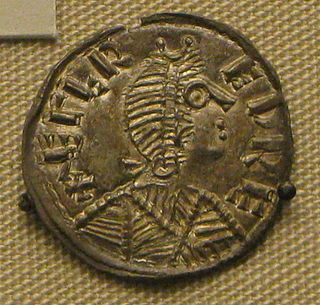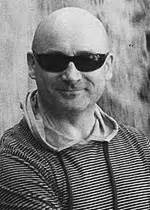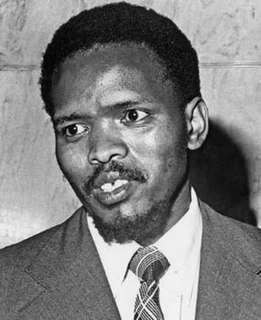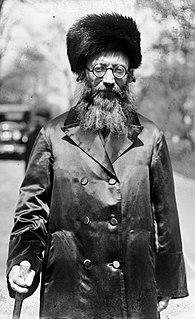A Quote by George Jean Nathan
The bachelors admired freedom is often a yoke, for the freer a man is to himself the greater slave he often is to the whims of others.
Related Quotes
For in prosperity a man is often puffed up with pride, whereas tribulations chasten and humble him through suffering and sorrow. In the midst of prosperity the mind is elated, and in prosperity a man forgets himself; in hardship he is forced to reflect on himself, even though he be unwilling. In prosperity a man often destroys the good he has done; amidst difficulties he often repairs what he long since did in the way of wickedness.
Humility collects the soul into a single point by the power of silence. A truly humble man has no desire to be known or admired by others, but wishes to plunge from himself into himself, to become nothing, as if he had never been born. When he is completely hidden to himself in himself, he is completely with God
A tragic mistake that is often made is to assume that the will of God is bound to be something very dull and uninviting, if not positively unpleasant. Consciously or not some persons look upon God as a hard taskmaster, or a severe parent. . . . The truth is that the will of God for us always means greater freedom, greater self-expression, newer and brighter experience, wider opportunity of service to others-life more abundant.
It requires greater courage to preserve inner freedom, to move on in one's inward journey into new realms, than to stand defiantly for outer freedom. It is often easier to play the martyr, as it is to be rash in battle. Strange as it sounds, steady, patient growth in freedom is probably the most difficult task of all, requiring the greatest courage. Thus if the term "hero" is used in this discussion at all, it must refer not to the special acts of outstanding persons, but to the heroic element potentially in every man.
And often he who has chosen the fate of the artist because he felt himself to be different soon realizes that he can maintain neither his art nor his difference unless he admits that he is like the others. The artist forges himself to the others, midway between the beauty he cannot do without and the community he cannot tear himself away from.



































